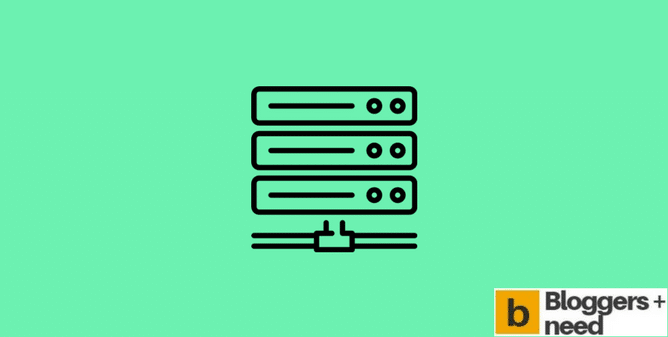
In today’s digital landscape, owning an online platform is almost essential—whether you’re launching a personal blog. However, fears over expenses are common, especially among beginners and startups. The good news is that cheap web hosting makes getting online possible, without sacrificing essential quality for many websites.
This comprehensive post walks you through all you need to discover before purchasing low-cost hosting: how it works, key pros and trade-offs, top features to consider, and most popular budget hosting companies.
What is Cheap Web Hosting?
Cheap web hosting means services offered at significantly reduced rates, marketed for limited budgets. Intro rates are commonly as low as $1–$5 per month. Lower costs often result from multiple sites sharing a server.
Yet, for such affordable rates, most providers offer generous features: website builders, and even one-click app installers. While enterprise-grade plans offer greater control, budget-focused services is sufficient for most projects.
Why Choose Budget Hosting?
Cost-effectiveness
First and foremost, financial accessibility stands out. For the price of a coffee, you can set up and operate a polished, public-facing site.
Ease of use
Modern budget providers provide easy controls, making site administration painless even for non-techies.
Feature-Rich Bundles
Cheap doesn’t equal barebones! Expect SSL certificates, SEO tools, and other key capabilities.
Room to Grow
Start small and upgrade as needed.
Common Downsides
Shared infrastructure
With non-dedicated plans, multiple sites use the same server, so heavy traffic or spikes can cause sluggishness.
Reduced power
Best for blogs or local businesses, but not suited for big e-commerce.
Help desk quality
Not all dirt-cheap providers offer reliable around-the-clock support, though findings improve every year.
Restrictions on premium options
advanced caching are often locked behind higher tiers.
Must-Have Cheap Hosting Features
Solid availability: Aim for at least triple-nine up-time.
Site speed: Optimized hardware really improve load times.
Free SSL: Critical for trust and SEO.
No-cost first-year domain: Some hosts throw in a free domain for year one.
24/7 Support: Live phone or ticket help is key for peace of mind.
No-code design help: Ideal if you want a visual editor.
Automated installs: Especially for WordPress.
Best Low-Cost Hosting Companies
Explore these popular budget hosting services based on price, quality, and features:
Hostinger Starting at: $1.99/mo Highlights: SSD storage. Recommended for: Beginners.
Bluehost Shared Hosting here Starting at: $2.95 per month Highlights: 1-year free domain. Recommended for: WordPress users.
DreamHost Shared Hosting Starting at: $2.59/mo Highlights: 97-day refund period. Recommended for: Side projects.
Namecheap Hosting Starting at: $1.58/mo Highlights: Unlimited bandwidth. Recommended for: Absolute beginners.
A2 Shared Hosting Starting at: $2.99/mo Highlights: Anytime money-back promise. Recommended for: Small company sites.
How to Secure the Best Cheap Hosting Deals
Watch for huge discounts: Most providers offer deep discounts for new terms. Check long-term pricing.
Prepay for More Savings: Multi-year plans lock in lower fees.
Know your limits: Watch for storage/bandwidth caps.
Review Customer Feedback: Real-world experiences provide insights you might miss.
Prioritize Quality Support: Helpful agents is key for non-experts.
Ideal Users for Budget Hosting
Consider cheap hosting if you’re:
Personal blogs
Startups
Freelancers
Community groups
Online beginners
If you expect massive traffic, look into premium plans as you grow.
Final Thoughts
Budget hosting have unlocked the web for all. Whether you need a blog, modern low-cost plans are easy to use.
By being an informed shopper, you can kickstart your digital journey—with confidence and convenience.